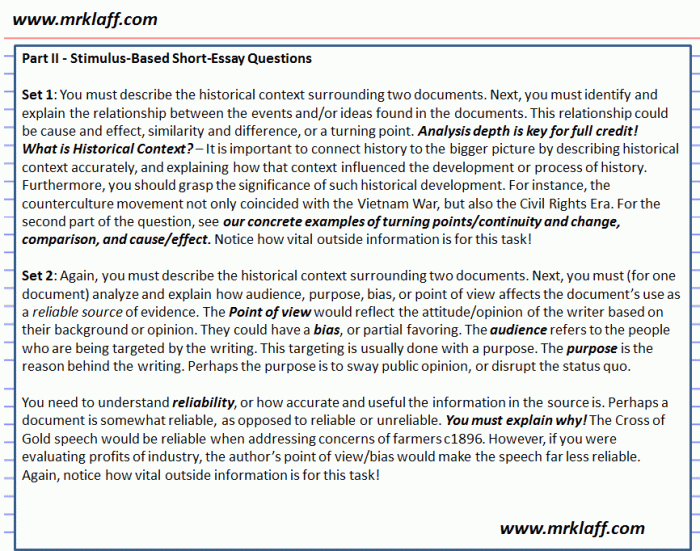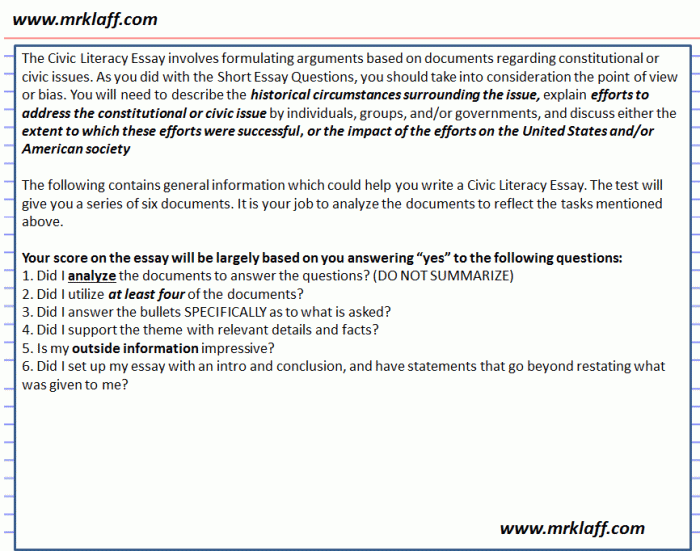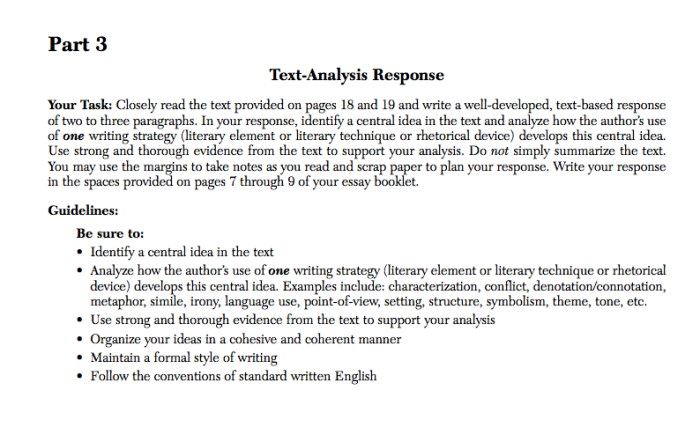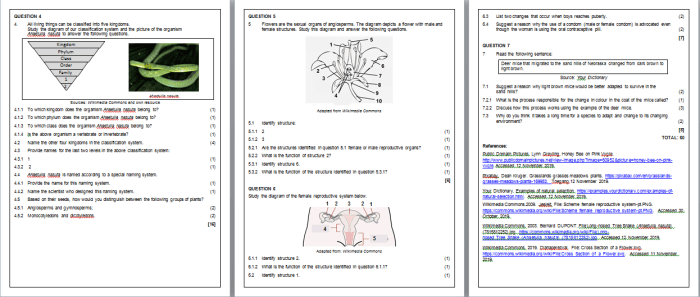The civic literacy essay us history regents example provides a comprehensive guide to understanding the significance of civic literacy in the US History Regents Exam. This essay delves into the historical context, key components, assessment methods, and strategies for preparing for the exam’s civic literacy section, equipping readers with the knowledge and skills necessary for success.
Civic literacy encompasses a deep understanding of government, history, and current events, empowering individuals to actively participate in their communities and make informed decisions. By examining the historical evolution of civic literacy in the US, we gain insights into its profound impact on shaping the nation’s political and social landscape.
Historical Context of Civic Literacy in the US: Civic Literacy Essay Us History Regents Example

Civic literacy, the understanding of government, history, and current events, has been a cornerstone of American society since its inception. Its origins can be traced back to the founding fathers, who believed that an informed citizenry was essential for the success of a democratic republic.
Over time, civic literacy has evolved to meet the changing needs of the nation. In the 19th century, the expansion of suffrage and the rise of mass media led to a greater emphasis on educating the public about political issues.
In the 20th century, the Cold War and the civil rights movement further highlighted the importance of civic literacy in promoting social cohesion and national security.
Key historical events that have shaped civic literacy in the US include:
- The Declaration of Independence (1776): This document Artikeld the principles of American democracy and established the importance of popular sovereignty.
- The Constitution (1787): This document established the structure of the US government and guaranteed certain rights and freedoms to its citizens.
- The Bill of Rights (1791): This document further protected individual liberties and ensured that the government could not infringe on certain rights, such as freedom of speech and religion.
- The Civil War (1861-1865): This conflict tested the limits of American democracy and led to the abolition of slavery.
- The Progressive Era (late 19th and early 20th centuries): This period saw the rise of social activism and the expansion of government regulation in response to the problems of industrialization and urbanization.
- The New Deal (1933-1939): This series of programs implemented by President Franklin D. Roosevelt aimed to alleviate the effects of the Great Depression and promote economic recovery.
- The Civil Rights Movement (1950s-1960s): This movement fought for the end of racial segregation and discrimination and led to the passage of landmark legislation such as the Civil Rights Act of 1964 and the Voting Rights Act of 1965.
- The Vietnam War (1954-1975): This conflict sparked widespread protests and led to a decline in public trust in government.
- The Watergate scandal (1972-1974): This political scandal led to the resignation of President Richard Nixon and highlighted the importance of accountability in government.
- The Reagan Revolution (1980s): This period saw a shift towards conservatism and a reduction in the size of government.
- The Clinton era (1990s): This period saw economic prosperity and a focus on social issues such as healthcare and education.
- The George W. Bush era (2000s): This period was marked by the September 11th attacks and the subsequent wars in Afghanistan and Iraq.
- The Obama era (2000s): This period saw the passage of the Affordable Care Act and the end of the Iraq War.
- The Trump era (2010s): This period was marked by political polarization and the rise of populism.
- The Biden era (2020s): This period is still ongoing and is characterized by the COVID-19 pandemic and the ongoing struggle for racial justice.
These events have helped to shape the way that Americans think about their government and their role in society. They have also highlighted the importance of civic literacy in maintaining a healthy democracy.
FAQ Overview
What is the importance of civic literacy in the US History Regents Exam?
Civic literacy is crucial in the exam as it assesses students’ understanding of historical events, government structures, and current issues, enabling them to analyze and interpret historical developments from an informed perspective.
How can students prepare for the civic literacy section of the exam?
Students can prepare by studying key historical events, familiarizing themselves with government systems, practicing critical thinking and problem-solving skills, and developing effective writing strategies for essay responses.
What are some tips for writing a successful civic literacy essay?
To write an effective civic literacy essay, students should demonstrate a clear understanding of the topic, support their arguments with evidence from historical sources, and present their ideas in a well-organized and persuasive manner.


